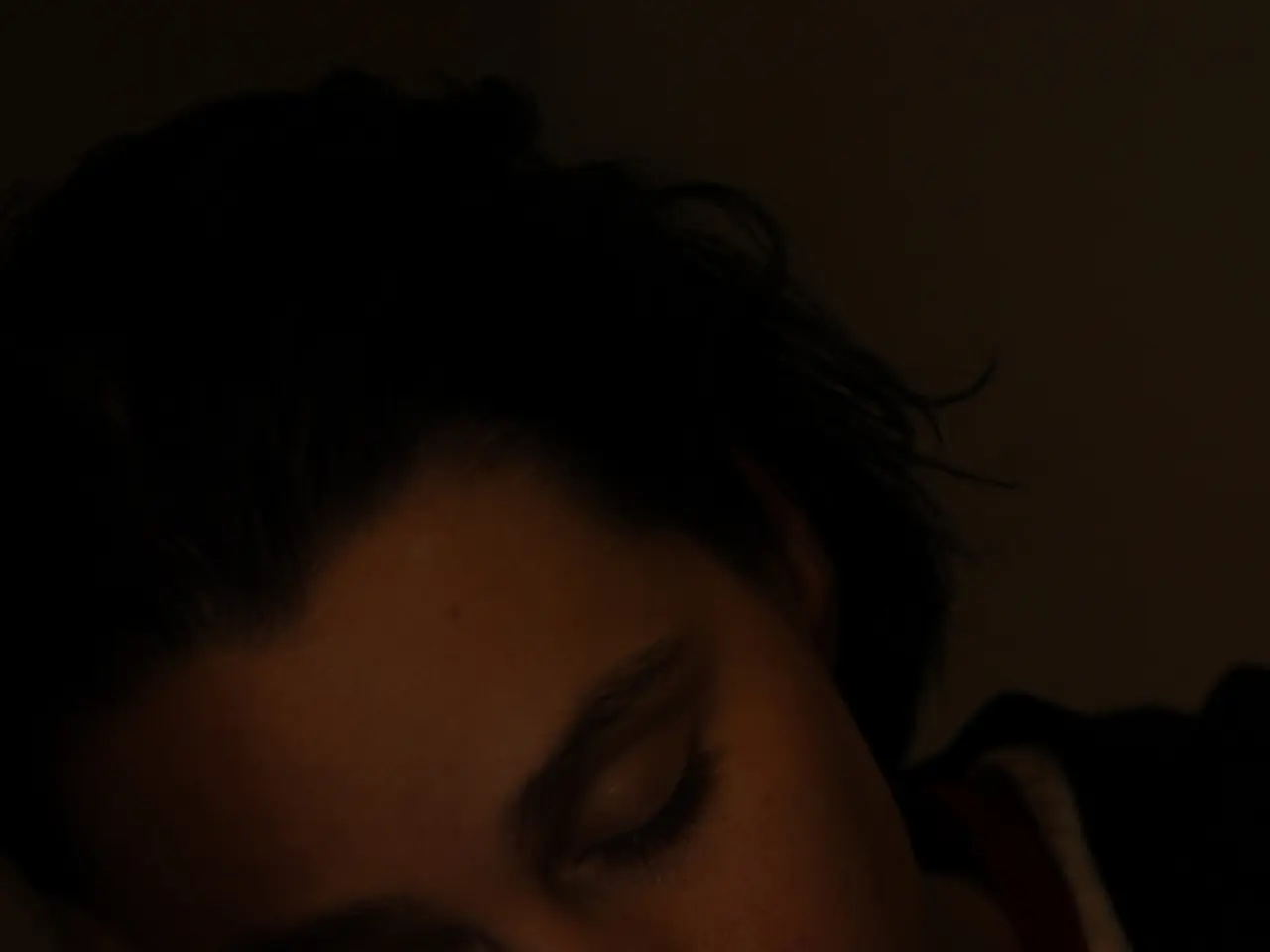Uncommon Ailment Known as 'Sleeping Beauty Syndrome': Individuals Affected Sleep Up to 16 to 20 Hours
Kleine-Levin Syndrome (KLS), often referred to as "Sleeping Beauty Syndrome," is a rare neurological disorder that affects individuals, particularly young ones, with symptoms characterized by recurrent episodes of excessive sleep and behavioral changes. The exact cause of KLS remains unknown, but it is thought to be linked to reproductive life events in women and may be genetic or result from an illness or injury affecting the hypothalamus.
Causes
The etiology of KLS is yet to be definitively established. However, some episodes are associated with reproductive events such as menstruation, menarche, ovulation, pregnancy, delivery, and menopause in females. Other triggers may include infections, stress, or other environmental factors, but these are less well defined.
Symptoms
During episodes, individuals with KLS may sleep for extended periods, often up to 15-20 hours per day or more. Behavioral changes are common during these periods, including confusion or disorientation, apathy or lack of interest, changes in eating habits (either compulsive eating or anorexia), cognitive disturbances, mood swings, and irritability. Memory recall during an episode is limited, with patients struggling with physical function beyond basic behaviors like eating and using the bathroom.
Episodes can last from days to weeks and recur periodically with symptom-free intervals. On average, a person diagnosed with KLS will experience around 20 episodes in their lifetime.
Treatments
At present, there is no definitive cure for KLS, and treatment is mostly symptomatic and supportive. Management involves monitoring and ensuring safety during episodes. Some attempts with medications such as stimulants (to reduce sleepiness), mood stabilizers, or lithium have been reported, but their effectiveness varies.
Avoidance of known triggers (if identified) is advised. Given the rarity of KLS, treatment is often individualized, and multidisciplinary care is recommended. Therapy is often recommended alongside these treatments to help manage symptoms of hypersexuality, anxiety, and depression.
In some cases, treatment for KLS may include medications like lithium, IV steroids, and stimulants to manage episode frequency, length, and severity. Treatment for KLS can help manage symptoms and improve the quality of life for those affected.
To date, only 500 cases of KLS have been reported in medical journals, making it a very rare condition. Research continues to uncover more about this mysterious disorder, providing hope for those affected and their families.
Science has yet to pinpoint the precise causes of Kleine-Levin Syndrome (KLS), a rare neurological disorder often associated with reproductive events like menstruation in females and other triggers like infections or stress. In terms of health-and-wellness, mental-health aspects of KLS are evident during episodes, with individuals experiencing behavioral changes such as confusion, apathy, mood swings, and limited memory recall.




